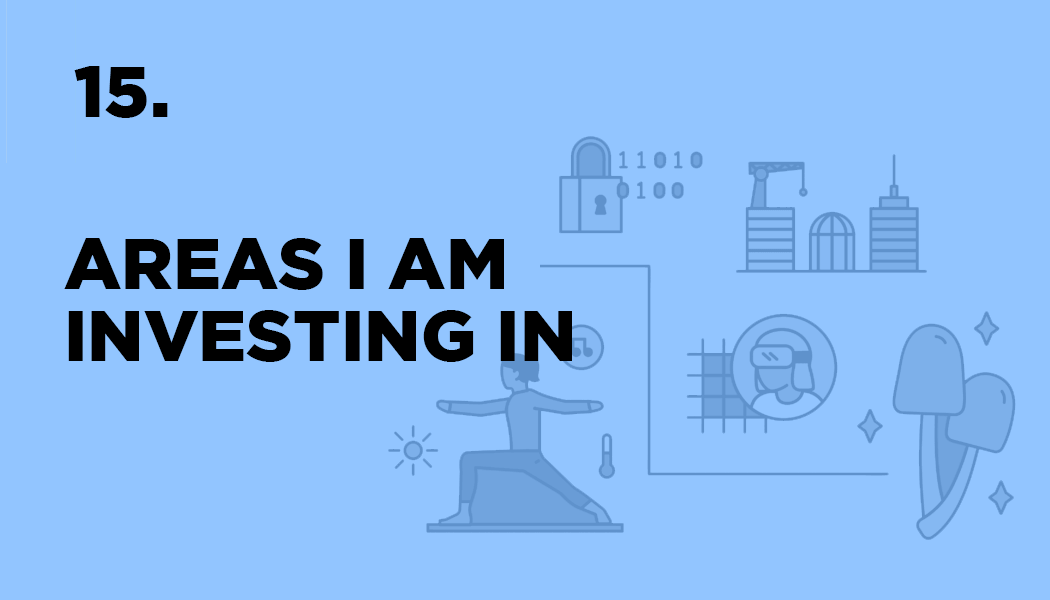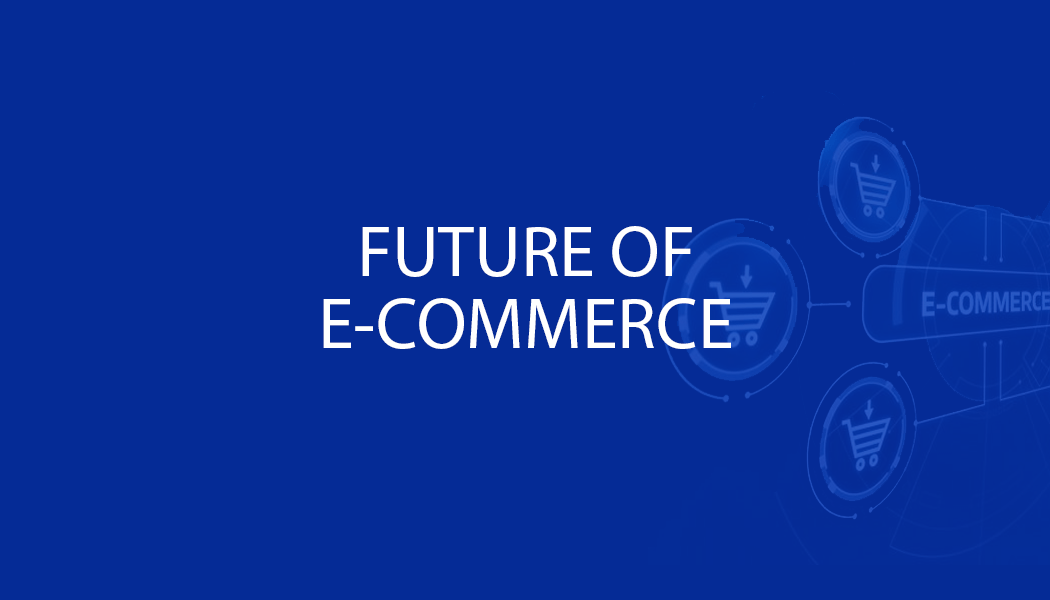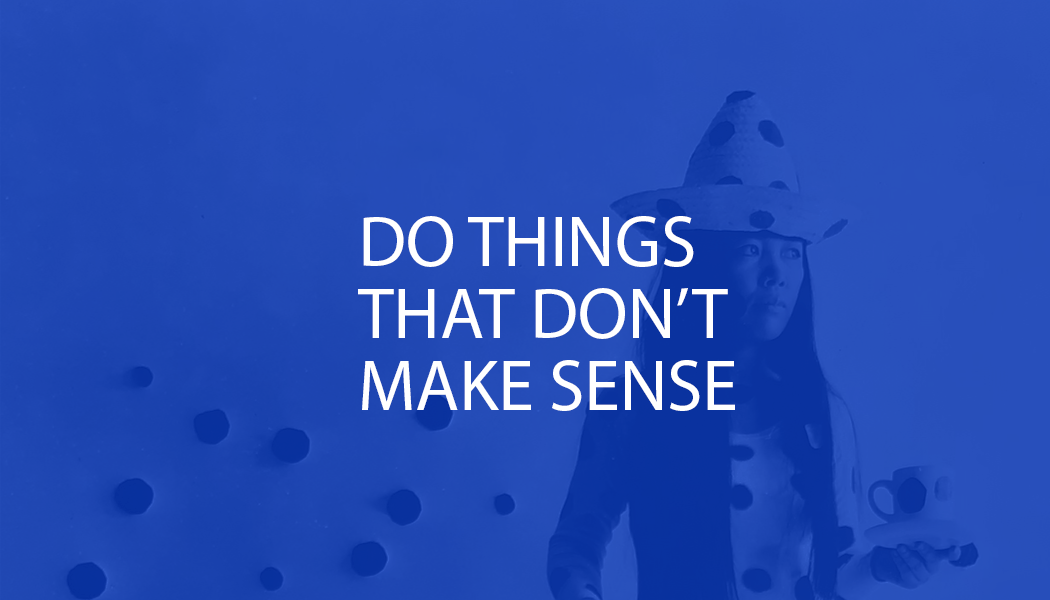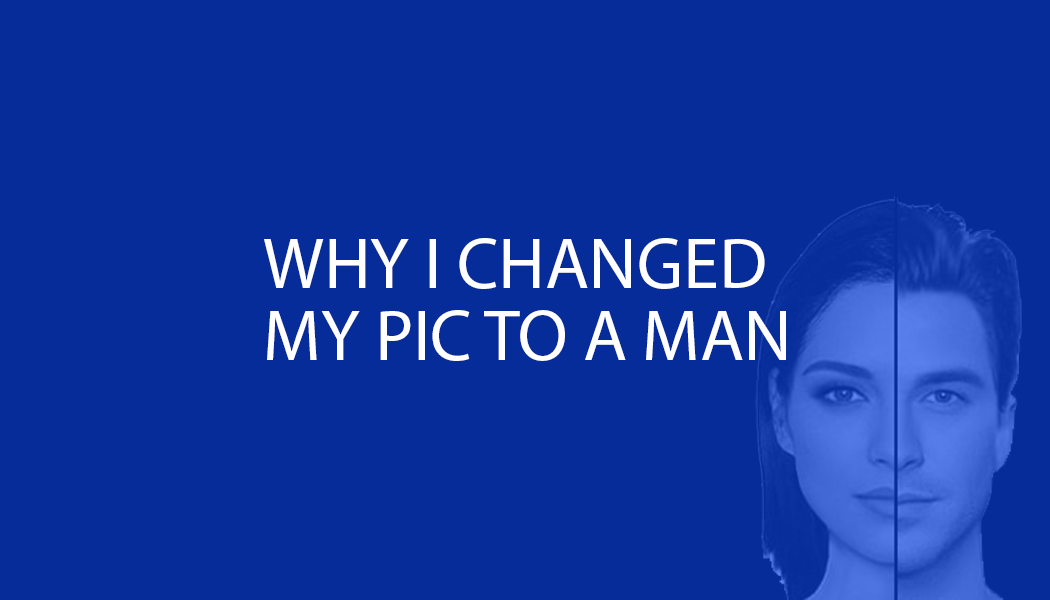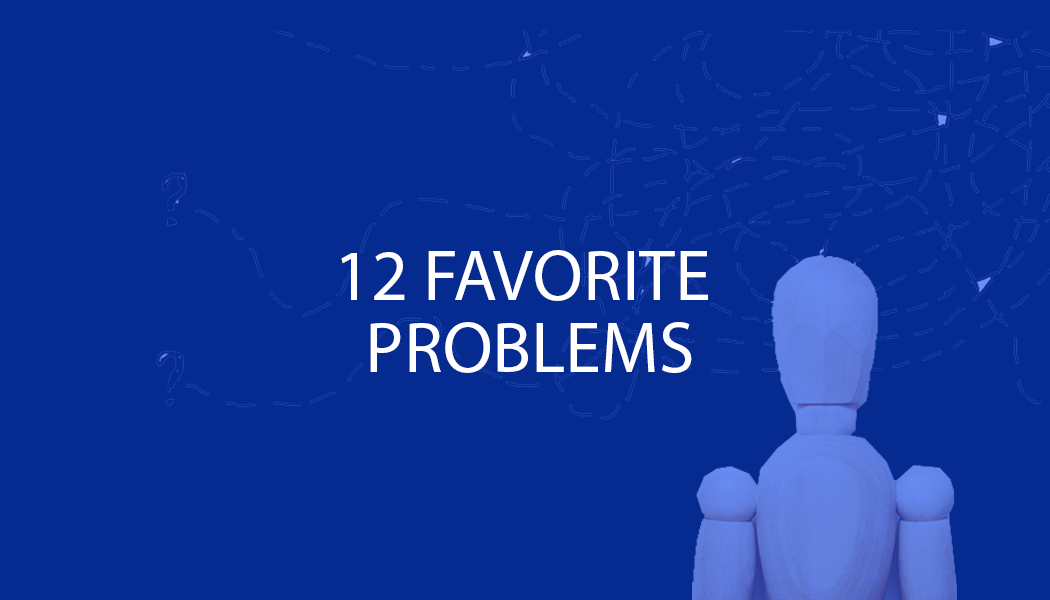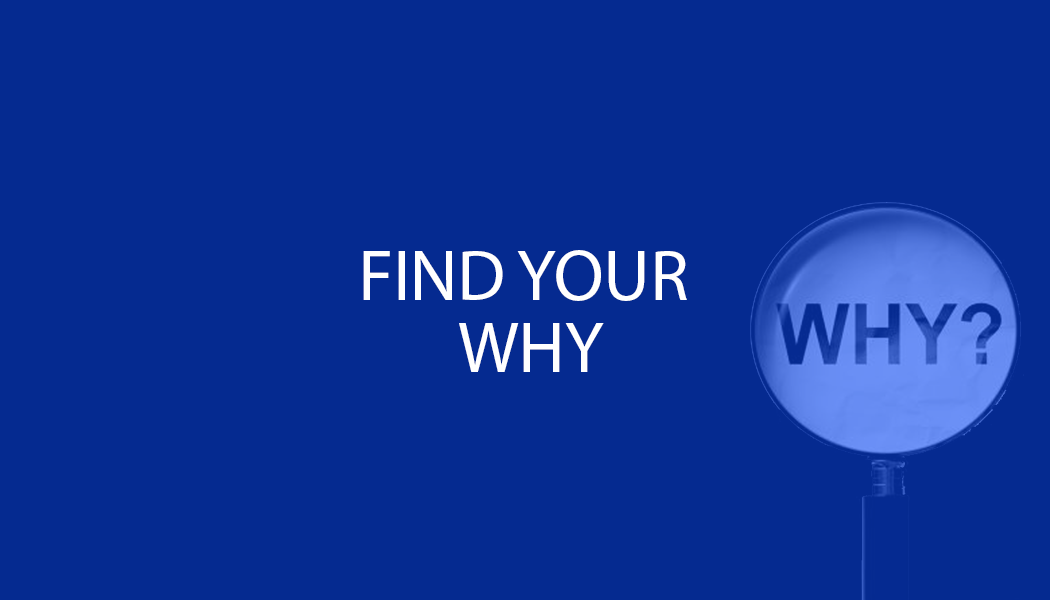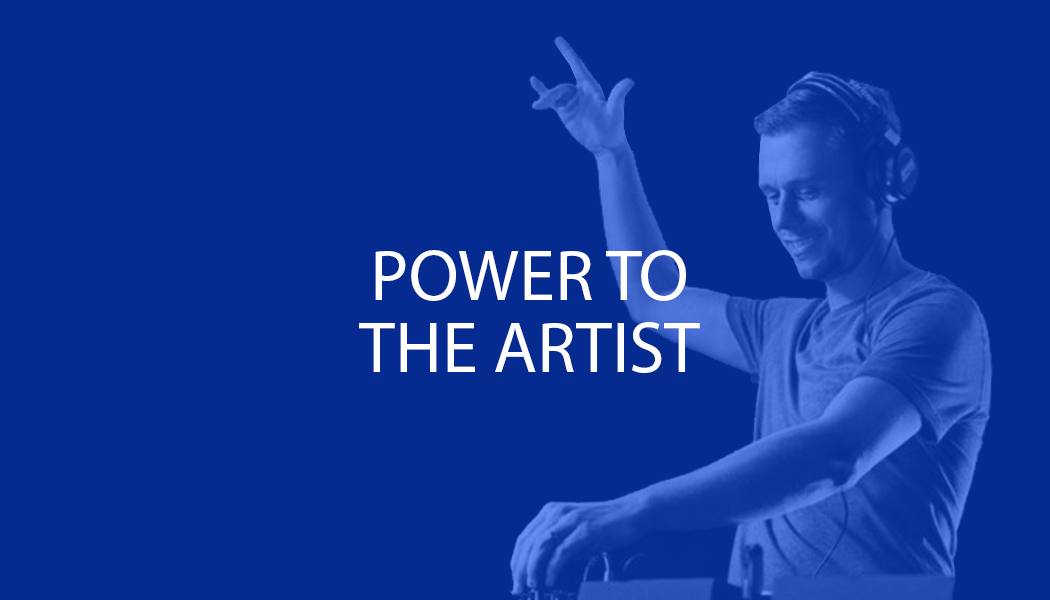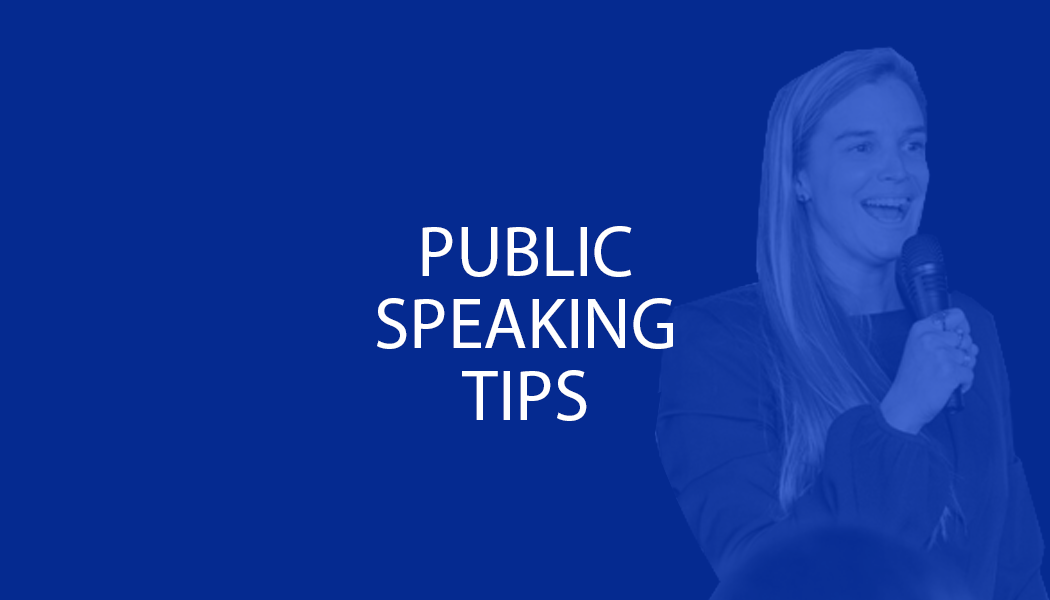Every year I make a list of trends that I see in stigmatized companies & industries that will be huge in the future.
I am bullish on these spaces not only because they represent huge, often untapped financial opportunities but also because there’s a tremendous social good to be gained by de-stigmatizing these topics.
For example, in 2014, I attended a good friend’s 100% vegan wedding and was pleasantly exposed to the powerful impact of vegan culture and food. Today, it’s more mainstream and will continue to grow.
There is a whole aisle in Wholefoods Denver for vegan items.
Also, the rise in spending on vegan food vs. meat sends a direct message to the meat industry. The current cruel, industrialized farming will not be supported by all.
Here are a few industries and topics that I think have immense growth potential.
1. Mental Health

The mental health space has seen significant shifts in public attitudes in just a few years. Until not long ago, mental health issues were largely deemed private matters to be dealt with behind closed doors, within families (if acknowledged at all).
When I was growing up, we never talked about how we were emotionally doing. We still don’t as a family. Always told to mask our emotions and pretend that everything is okay. Today, we know that this does nothing but put a band-aide over the issue and increase the risk of more serious issues in the future.
Building Strong Communities
I am excited to see that people are starting to understand the value of talking about feelings and internal struggles and building communities to support them.
Instead of hiding difficult stories, such as suicide, we’re now discussing them openly. People realize that if it happened to their child, there is a strong likelihood that many others are in a similar situation, and instead of hiding it, we should come together in support.
For example, Avicii’s parents were brave and spoke about their son’s issues as they saw the importance of educating society on the mental health issues they had seen firsthand with their son, which eventually led to his suicide.
I am an adviser for She’s Independent, an organization building strong community-led programs and initiatives to develop authentic connections and support.
2. Alternative Healing
Cannabis /Psilocybin
The legalization of cannabis has led to an increase in its use case for pain management in addition to being a recreational substance. It’s now increasingly being viewed as a safer alternative to many other prescription pharmaceuticals for pain and depression.
Scientific evidence demonstrates that cannabis can effectively treat everything from physical ailments like pain and inflammation to mental health issues like PTSD and depression.
Doctors are seeing the benefits of cannabis vs. opioids for chronic pain. Dr. Wallace, Chair of the Pain Department at UCSD, stated that he would wean the patient off the opioid first and then introduce medical cannabis. His aim in moving to medical cannabis is to continue to provide pain relief for the patient, but with fewer side effects and more functionality. In some cases, he advises patients to begin cannabis.

Energy Healers
Energy healers, Yoga, Psychics, Reiki Practitioners, and Feng Shui Masters are popping up rapidly. They all work with and understand how energy can help to heal our body, mind, and spirit.
The global complementary and alternative medicine market size is expected to generate a revenue of USD 210.81 billion by 2026, according to a new report by Grand View Research, Inc. It is projected to expand at a CAGR of 17.07% during the forecast period.
Factors such as the increasing adoption and usage of natural supplements/wellness medicine coupled with government initiatives to promote the adoption of the therapy are expected to create revenue-generation avenues.
Yoga has been the most mainstream practice introducing people to the benefits of using the flow of energy and one’s body to heal and grow. However, meditation, acupuncture, Aruyveda, chakra healing, and energy healers are growing in demand. Personally, I am excited about the growth of this space as I have seen immense benefits from meditation, yoga, and working with an energy healer. I have found that my energy healer is more effective than a therapist.
Moreover, with an increase in the costs of conventional medicine, an inclination towards body wellness rather than pharmaceutical cure is likely to boost the market.
Today, approximately two-thirds of the population of most developed and developing countries have reported using one or the other form of alternative or complementary medicine.
3. New Social Substances
Alcohol
The number of alcohol drinkers in the world has decreased by nearly 5 percent since 2000, according to the World Health Organization. The Beverage Information Group reports beer sales have slumped for five years in a row.
Alcohol brands are paying attention: Diageo (the world’s second-largest distiller and parent of Guinness, Smirnoff, and Johnnie Walker) recently funded a nonalcoholic spirits company called Seedlip.
Low and no-alcohol drinks brands are increasingly cropping up. In Denver, many of the bars have Kombucha on tap, and some bars are specific to mocktails over cocktails, such as Honey Elixir.
4. Autodidacts
For the past 7 years since starting Roomhints, I have seen the power of an autodidact – a person who has learned a subject without the benefit of a teacher or formal education – a self-taught person.
At the beginning of Roomhints, we would hire based on where the candidate went to school and their experience. When these candidates were not performing as well as we thought they would, we started to hire based on what the candidate had built and how quickly they could teach themselves a new skill. When you are building a startup, no textbook or education can tell you, in most cases, how something should be built.
Therefore, the most valuable skill we can hire is the propensity to be able to teach ourselves the skill needed in the present moment or to think and act in the present moment.
It is said that 10% of graduates work within the profession of their undergraduate degree. Formal education in America is incredibly expensive, and as time goes on, I think people will start to question the true value of incurring huge loans for the industry they intend to work.
People will assess more if it is right for them instead of abiding by the stigma that “you need a college degree to be successful.” I want to note that I am not against formal education for the proper benefit. I think formal education prepares you to work at large global corporations and has massive value.
I am excited about more startups like the hugely successful Stack Overflow and Udemy for all industries.
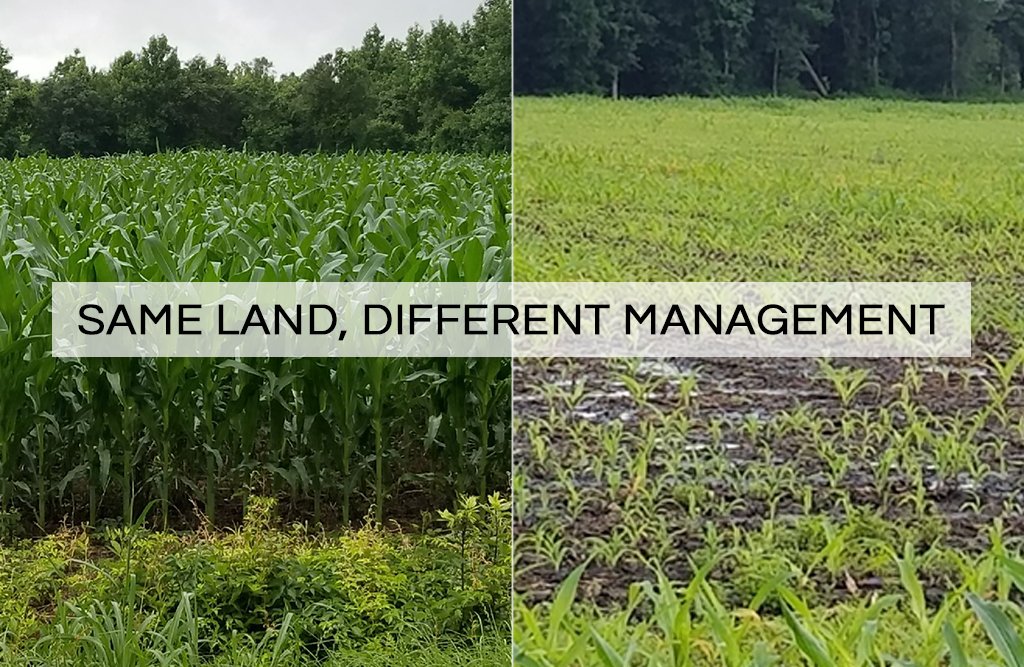
5. Sustainable
Regenerative farming
In 2019, I attended a regenerative farming summit to learn more about what regenerative farming was all about.
So, what is regenerative agriculture? Regenerative agriculture describes farming and grazing practices that focus on regenerating topsoil, allowing farmers to maintain crop yields, improve water retention and plant uptake, increase farm profitability, and support biosequestration, among other benefits.
– Holganix.
I was blown away by the power of regenerative farming to improve our land and biodiversity, including saving the bees, improving nutrients in food, profits for farmers, and more.
Do a test for yourself to see the nutritional benefits. Buy spinach from Wholefoods and then buy spinach from a regenerative farm.
The spinach from a regenerative farm will be packed with flavor, whereas the Wholefoods spinach in the plastic bag or box will be bland in comparison.
Vintage Clothing
In 2019, we saw Forever 21 go bankrupt and a massive rise in customers not spending their dollars on fast fashion as we are informed of its environmental impacts.
Personally, I am making a stance this year to not purchase any new clothing – only second-hand or vintage allowed.
In the best light, Forever 21’s bankruptcy can be viewed as a reflection of a changing society. Young consumers are shifting their tastes, whether that be for higher quality goods and more transparency in merchandise production or better online shopping options and fewer brick and mortar shops.
– Remake.world
Sustainable Home Products
Roomhints in 2020 started a mission to bring on partners whose businesses have a sustainability mission or arm. Whether that be kitchen cabinet companies who have a plan for their scraps or product designers making 100% sustainable products.
We noticed there are few partners within this space, but those who are changing their business models to be more sustainable businesses are booming.
For example, one rug partner has reached 80% of her 2020 sales goals, and we are only in February. We are hopeful that more companies will push their products to be sustainable.
In Conclusion:
I am excited to follow these industries and add more ideas to this list as 2020 goes on.
The internet, social media, and robust online and offline communities enable people who believe in similar, not-so-popular topics to find and connect with one another easier than before. This helps to create movements and prosper knowledge quickly.
